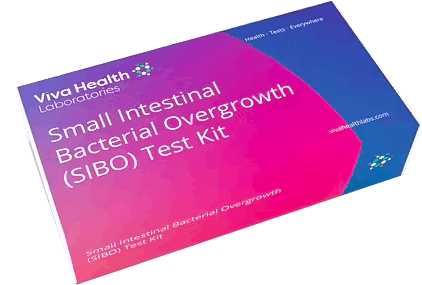Can cranberry juice reduce the development of oesophageal cancer?

You may be wondering does acid reflux make you cough? Yes, gastro-oesophageal reflux (GERD) is one of the most common causes of a persistent cough (perhaps alongside other 'classic' reflux symptoms such as heartburn and other times not). More often than not patients will experience a cough for years without being given a definitive diagnosis of reflux.
Book a private consultation
There are two theories as to how GERD causes cough. Firstly, reflux of substances from the stomach may directly irritate the throat and/or airways and lungs, especially the larynx. Historically acid was always thought to be responsible. However, weakly acidic reflux and possibly other substances including Pepsin may also irritate the throat and airways by a direct chemical effect. Modern diagnostic tests can also identify gaseous reflux events at the top of the oesophagus and these probably contain irritating substances from the stomach in aerosolised form.
The second theory is that reflux events into the oesophagus can cause cough via nervous reflexes. It is thought that this may reflect an early protective mechanism to protect the lungs from reflux damage. GERD is one of the recognised causes of Cough Hypersensitivity Syndrome in which the nerves of the respiratory tract become sensitised and more easily provoked to cause coughing.
There is also a probable link between cough, reflux and asthma. Asthma can cause a cough or wheezing and is more common in patients with reflux. Direct injury to the small airways in the lung by reflux may precipitate an asthma attack or it may be caused by nervous reflexes. Interestingly treating GERD can help asthma symptoms including shortness of breath and cough.
GERD may also be associated with other lung conditions including bronchiectasis and pulmonary fibrosis. These can cause a cough in their own right.
Finally, SIBO can cause 'silent reflux' or LPR symptoms including a cough.
The cause of a cough is diagnosed by a combination of a clinician listening to a patient’s “history”, physical examination including visualisation of the throat and then diagnostic tests. This process is ideally undertaken within the context of a multi-disciplinary team. There are some features that may suggest reflux is responsible. These include;
It’s important to note that there are often no specific indicators that reflux is responsible and so for instance failure to respond to PPIs does not indicate that reflux isn’t responsible. Equally, it is often important that diseases of the lungs and airways are ruled out before diagnosing GERD as the cause of a cough. For instance, it may co-exist with asthma independently and treatment of this cure the cough.

When it comes to remedies, reaching the right diagnosis is key to planning treatment. When a cough is caused by GORD an escalating strategy depending on effectiveness is usually recommended.

RefluxUK offer the full range of treatments available to address your coughing symptoms caused by reflux.
treatments